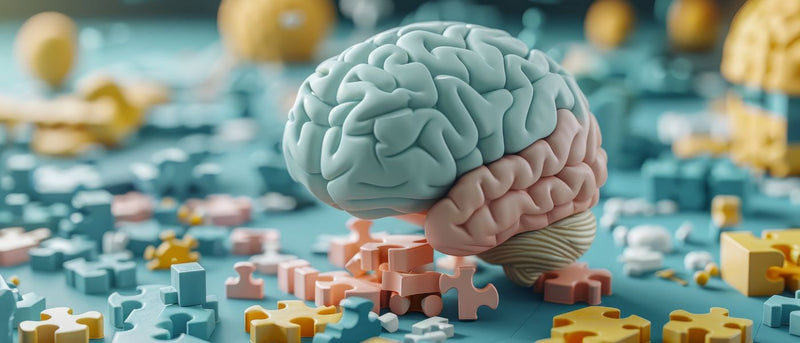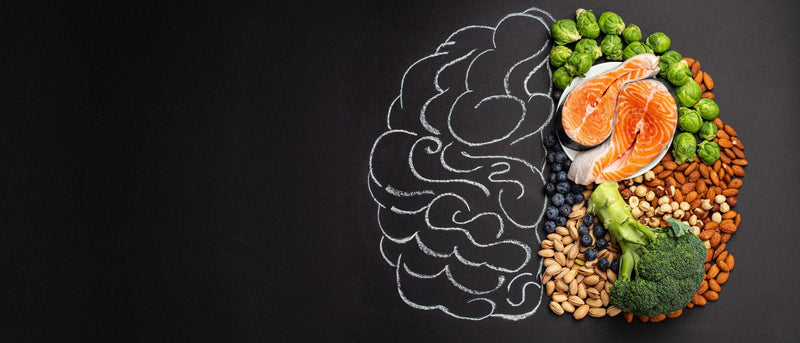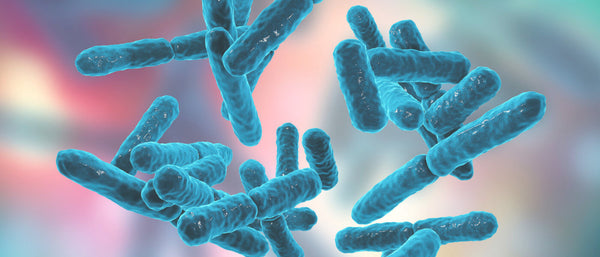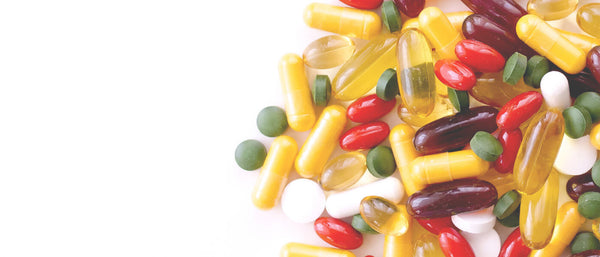
Featured Article
The Lipid Membrane: The Unsung Hero of Cellular Health
The cell membrane, a lipid bilayer just a few nanometers thick, plays a critical role in cellular function by regulating nutrient transport, immune signaling, and maintaining overall cell integrity. Essential fatty acids, like omega-3 and omega-6, are crucial for maintaining membrane fluidity and functionality, which supports energy production, cellular communication, and resistance to degenerative disease.


Featured Article
The Top Brain Exercises to Improve Cognitive Function
In this article, we’ll cover ten enjoyable and effective brain exercises that enhance cognitive function.


Featured Article
Best Foods for Brain Health: Support Memory, Concentration, & Anti-Aging
A balanced diet filled with antioxidants and healthy fats supplies the brain with the necessary building blocks to operate efficiently.

Featured Article
Environmental Toxins & Their Effects on Health
On both a personal and environmental level, we can reverse toxicity and restore good health.

Featured Article
How to Navigate Election Anxiety & Support Your Mental Health Through Election Season
While participating in the democratic process is important, it's equally vital to take care of your mental health.

Teri Cochrane
|
01.03.2022
How To Combat Anxiety & Depression In 2022
To help you better navigate the holiday season and the year to come, we have prepared a toolkit for reducing holiday stress and balancing your mood.
Justine Stenger
|
12.20.2021
What is Health Optimization and How Can You Achieve it in 2022?
So you’ve reached a point in your health and wellness journey where you’ve fixed (at least relatively) whatever you set out to fix, but now that you’ve done what you set out to do, and learned so much about your body, mind, and spirit along the way, what’s next?
Justine Stenger
|
11.12.2021
6 Immune Hacks to Keep You Healthy During the Holiday Season
Taking a few extra steps to boost your immunity and staying conscious of how you feel during this season can help you avoid the dreaded holiday cold–-and keep you calm and content while you spend time with family and friends.
Justine Stenger
|
11.03.2021
Healthy Fats Heal Your Skin, Hair, and Nails From the Inside Out
The true foundation of skin, hair, and nail health is cellular health, and cellular health starts with phospholipids and essential fatty acids.
Dr. Thomas Wnorowski
|
11.01.2021
Phosphatidylcholine vs Phosphatidylserine: Which Phospholipid Is Right for You?
In this article, we’ll discuss the properties, similarities, and differences between phosphatidylcholine and phosphatidylserine, how to best supplement them along with your diet, and how these phospholipids really work best together in the body.
Jessica Kane Berman
|
10.26.2021
The passing of our founder, Ed Kane
To our BodyBio family, it is with a heavy heart that I am sharing with you the news that BodyBio’s founder and my grandfather Ed Kane has passed away at the age of 95.
Dr. Thomas Wnorowski
|
10.19.2021
Are Probiotics Good for You? What to Know When Choosing a Probiotic Supplement
Everyone has probiotics––beneficial bacteria and yeasts––living in their gut. Without them, we wouldn’t have much of an immune system, not to mention good digestion and nutrient absorption. But are probiotics, as in probiotic supplements, good for you? Do probiotics work, and what kind should you take?
Justine Stenger
|
10.05.2021
The Rise of Digestive Diseases and How to Take Control of Your Gut Health
Gut health is a popular topic today, partly because digestive diseases––like irritable bowel syndrome, GERD, constipation, and others––are so prevalent. Digestive diseases are among the most debilitating and costly health conditions, accounting for around 3 million hospitalizations in the U.S. per year.
Dr. Thomas Wnorowski
|
09.28.2021
What Are Vitamins and Why You May Need More Than Just a Multivitamin
In this week's article, we’re getting back to basics: What are vitamins, why do you need them, and why should you consider vitamin supplements?












